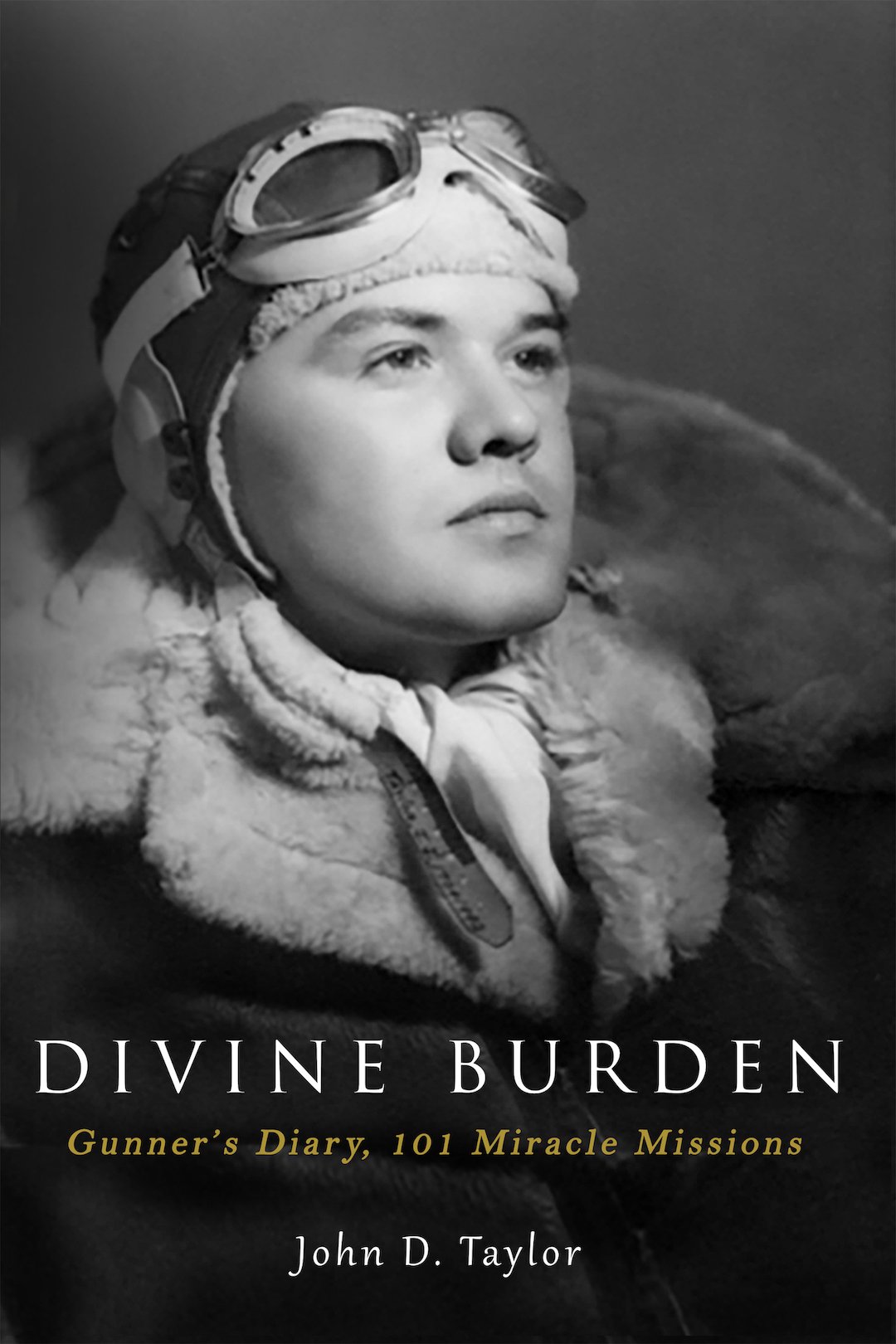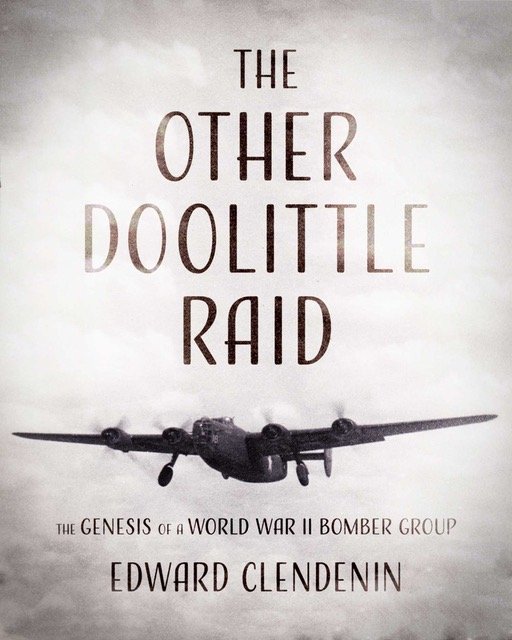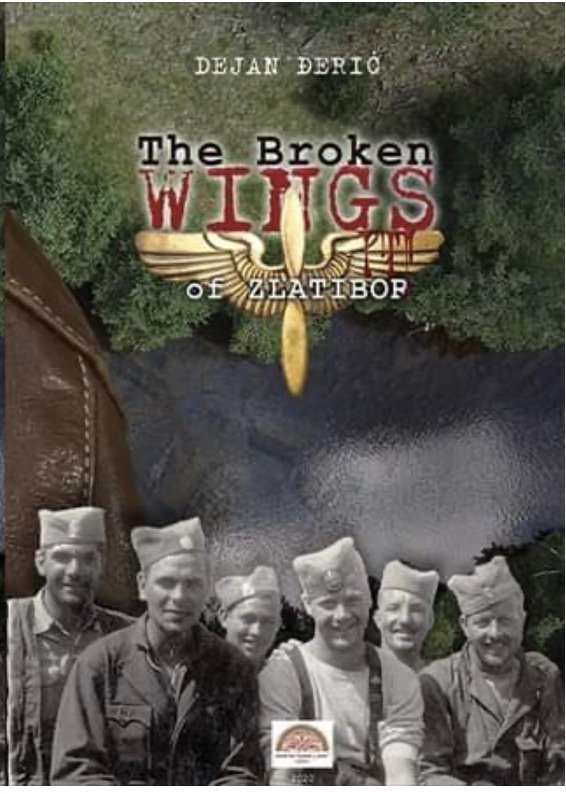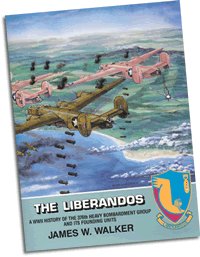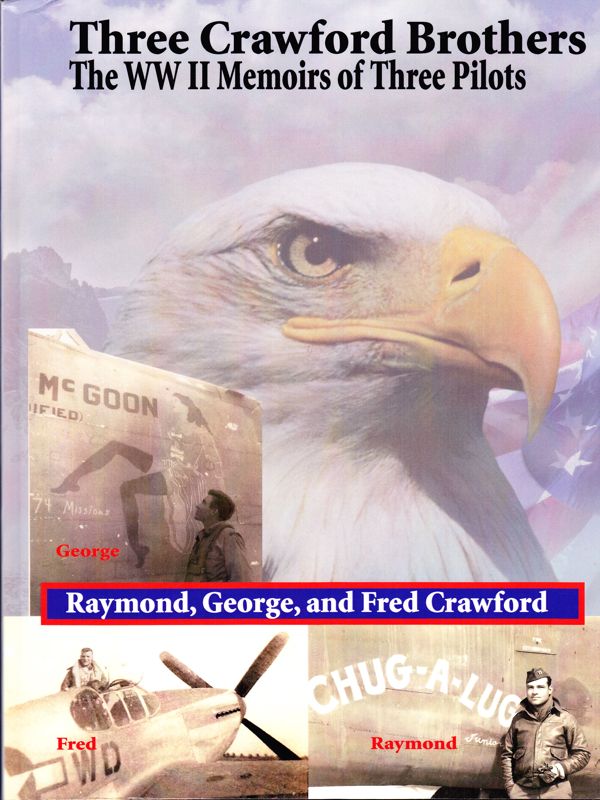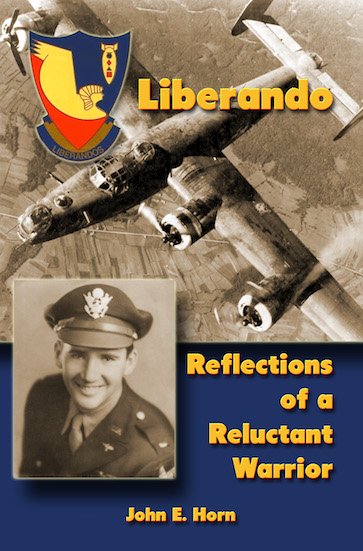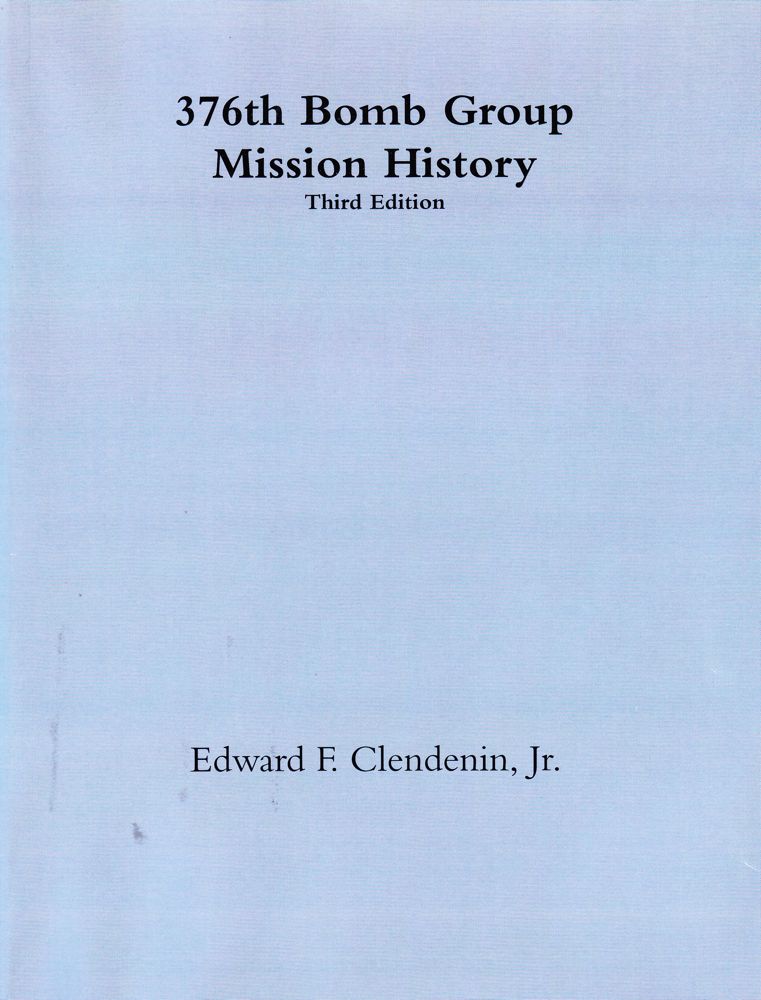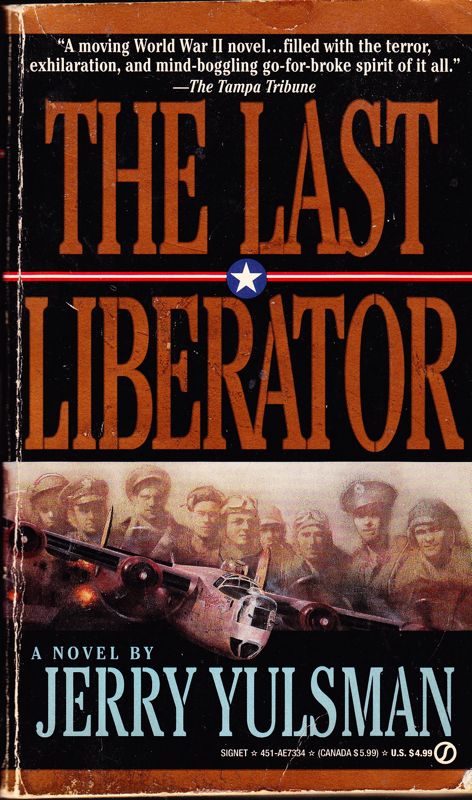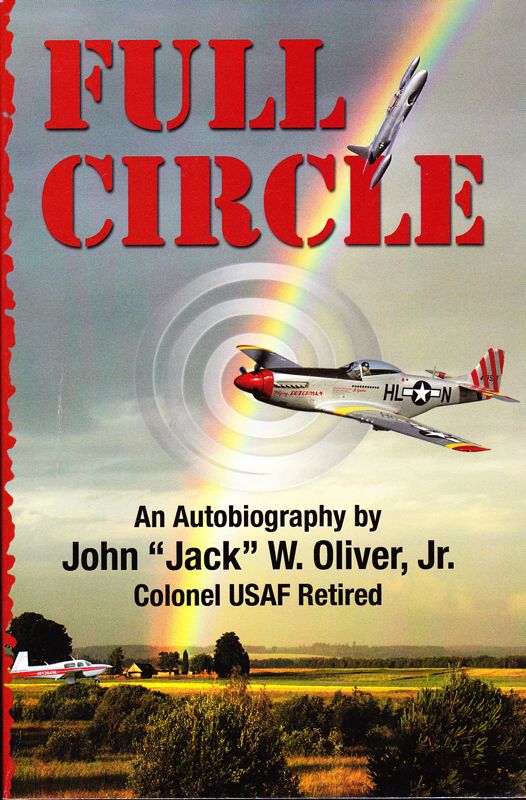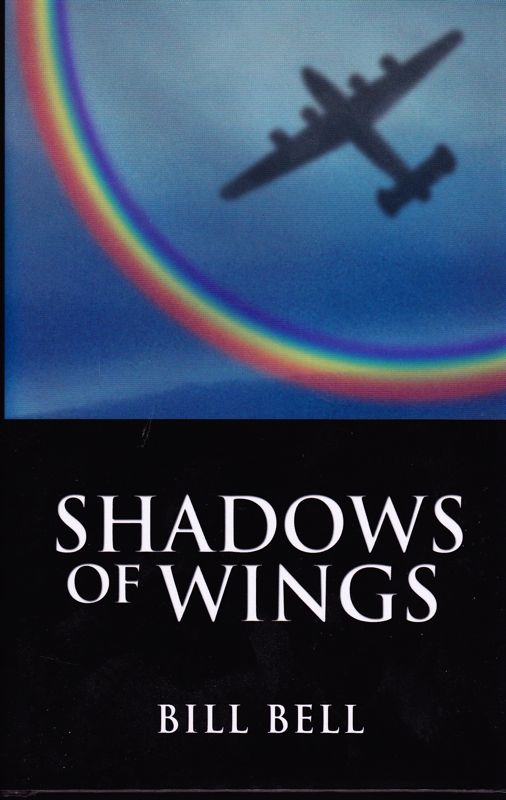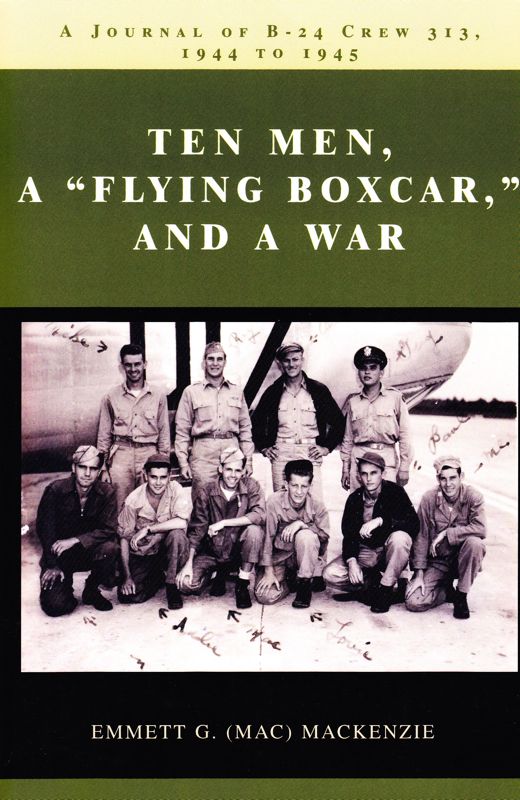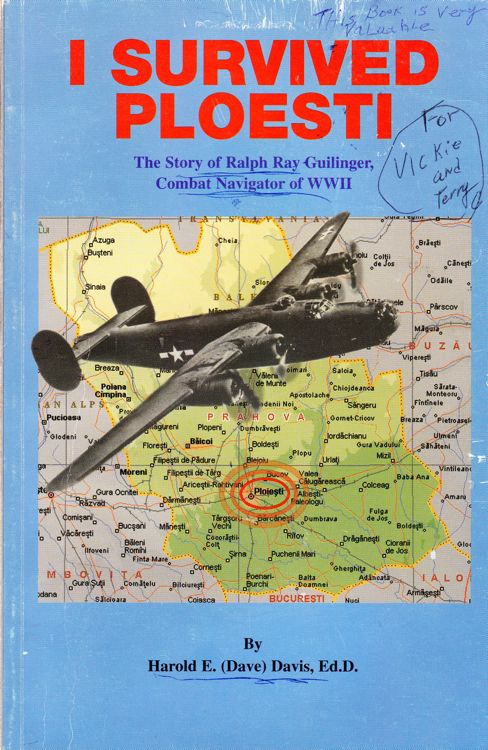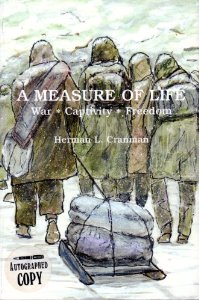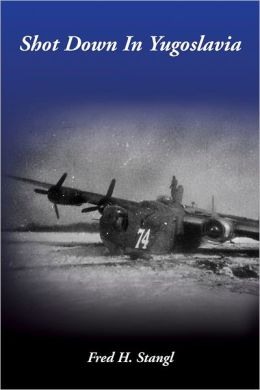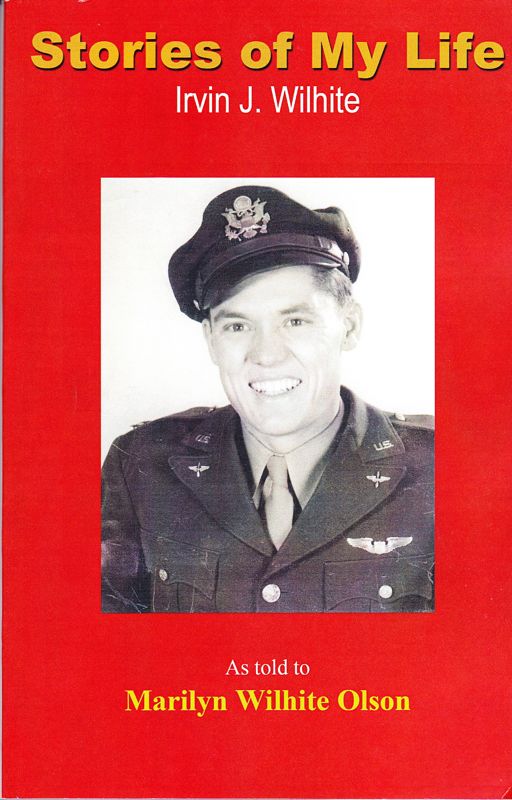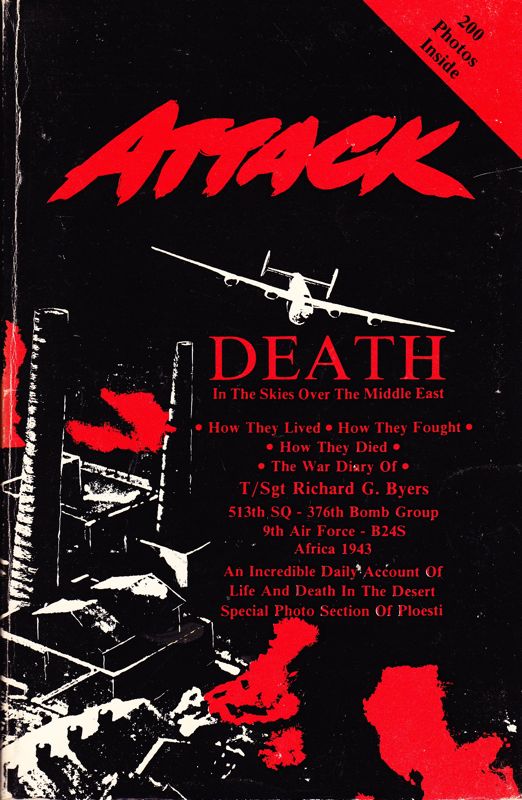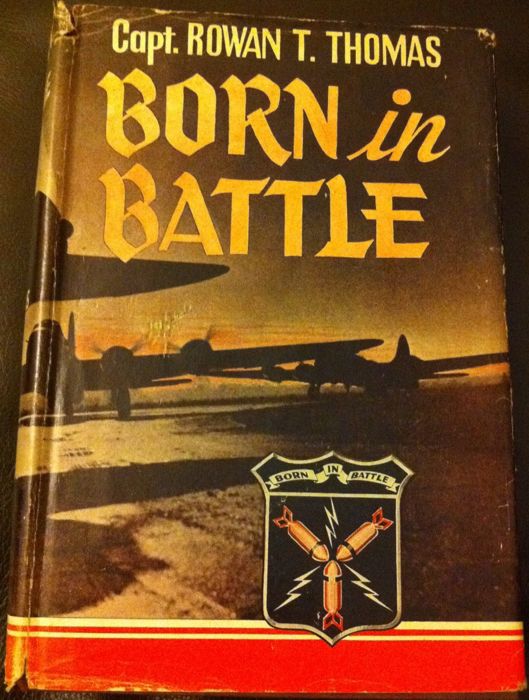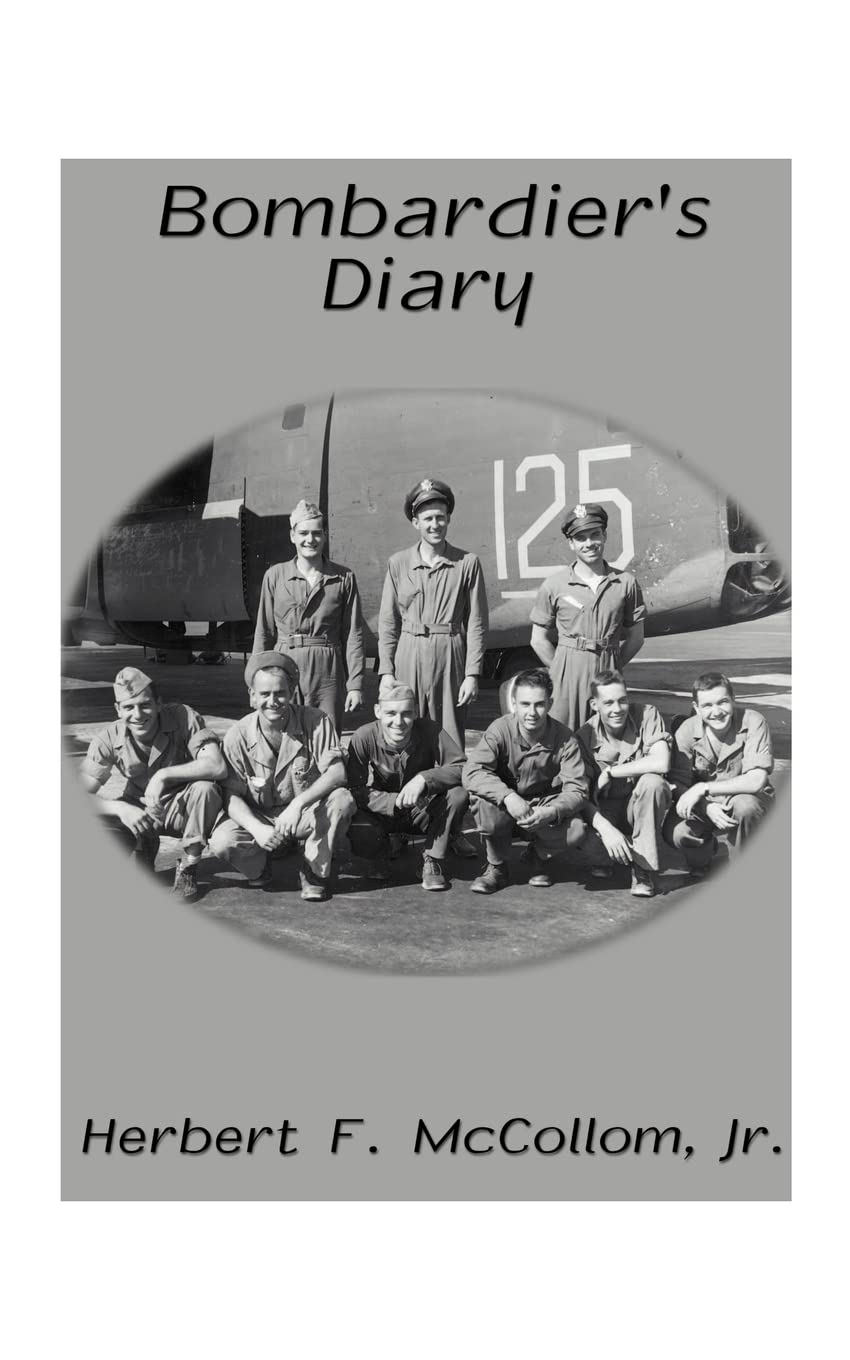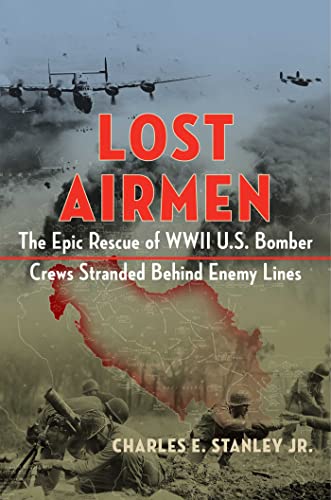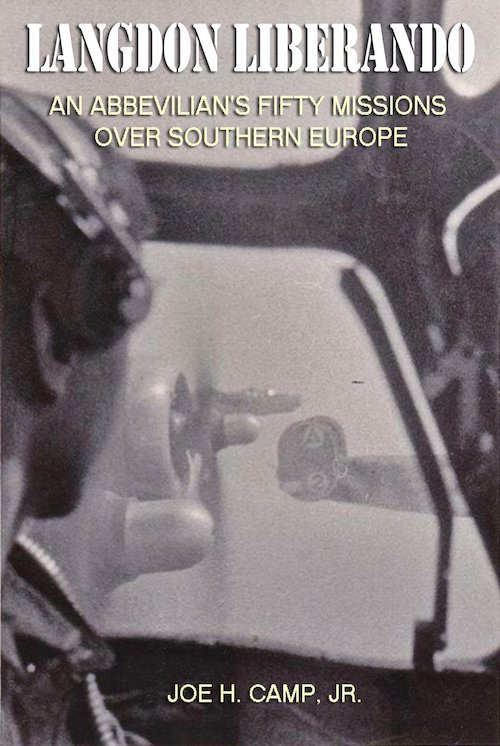Grover Buxton, Benghazi
"A week or so after we got settled in Benghazi, electric lights were installed in all the tents. By "installed" I mean that a light cord was left down thru a hole in the top. Gasoline generators powered our lights, and the strength of illumination was inversely proportioned to the number of lights burning at any particular time. When everyone was at home with his light on, it was barely light enough to read by and we still used candles, but if a lot of the fellows had gone to town or to the movie, then the light would be good and strong. Electric razors were frowned upon because they made the whole system flicker. Some radios were capable of knocking out the electrical system entirely.
"The best radio in camp was in the officers club. Most of the stations received were British, and we listened to many programs described as "the overseas service of the BBC". The day after any mission we could tune in the news and find out what was being said about the damage we had done. Many peculiarities of British radio amused us - the odd length of the programs, the talks on droll subjects, the absence of commercials, and the great informality of presentation.
"A part of each morning was usually spent in the club listening to the radio and censoring enlisted men's mail. At first, a duty roster was posted and four or five officers had to censor all of the squadron mail, but this got to be such a big job that finally every officer was required to read 8 to 10 letters every morning. Our S2 officer would bring in the mail box (a large tin can) and pour all the letters on the floor. Armed with razor blades we would slash out the offensive parts, then seal the envelopes and toss the letters back in the box. More than once a sudden gust of wind sent letters all over the squadron area and we had to dash out in hot pursuit. Mostly it was pretty dull business, but now and then we'd come across something too good to keep to ourselves. Then everyone paused while the letter was read aloud. I recall one morning someone was reading one of Arizza's letters to his father. (He was our tail gunner). We weren't allowed to tell where we were, but this is what Louis had written:
" 'I'm not allowed to tell you where we are, but if I were to get up in the morning with the rising sun, and walk 25 miles a day for 40 days I'd be in Cairo'. Louie never did live that down! Almost one letter of 10 had enclosed a souvenir handkerchief with gaudy pictures of Benghazi and Italy.
"Our theatre improved steadily all the time we were at Benghazi. I'll never forget the first show we saw, put on right outside our tent before the regular theatre area was laid out. The title was "A Yank in Libya" and for days after that the mail was full of not-too-subtle hints that there was a possible connection between this title and our location. Soon, however, a permanent theatre was set up about a quarter of a mile below us, right in the center of the camp. A stage was built and a large screen set up, and about 800 to 1000 old gasoline tins placed in rows for the audience seating. Show time was whenever it got dark enough to see the picture, however, it was necessary to get there well before dark if you wanted a good seat. The colonel, along with visiting brass, had camp chairs brought in from the various clubs, but no one begrudged them this luxury.
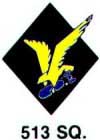
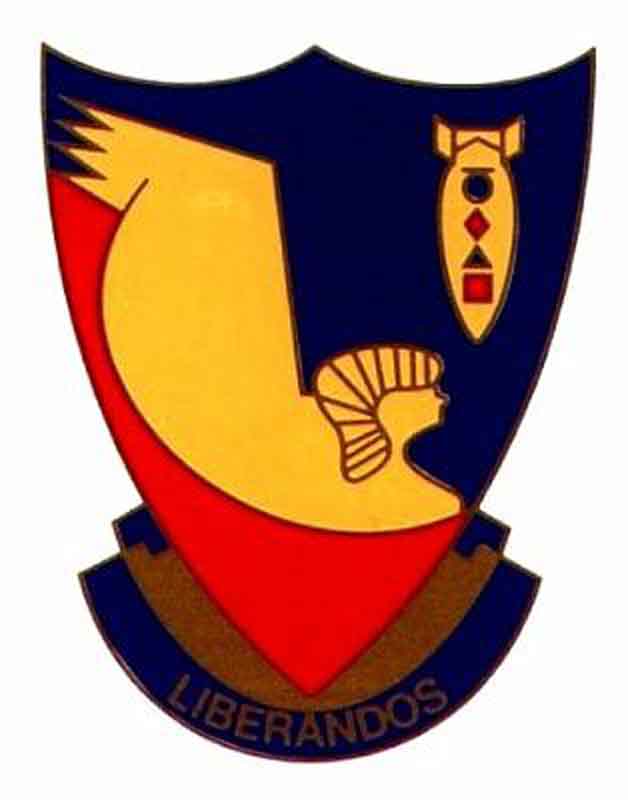
The website 376bg.org is NOT our site nor is it our endowment fund.
At the 2017 reunion, the board approved the donation of our archives to the Briscoe Center for American History, located on the University of Texas - Austin campus.
Also, the board approved a $5,000 donation to add to Ed Clendenin's $20,000 donation in the memory of his father. Together, these funds begin an endowment for the preservation of the 376 archives.
Donate directly to the 376 Endowment
To read about other endowment donation options, click here.
Reunion
NOTE change in the schedule !!
DATES: Sep 25-28, 2025
CITY:Rapid City, SD
HOTEL: Best Western Ramkota Conference Hotel; 2111 North LaCrosse St., Rapid City, SD 57702; 605-343-8500
Click here to read about the reunion details.
